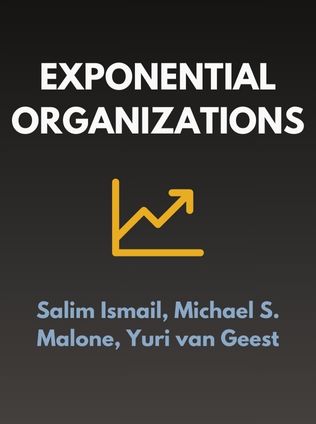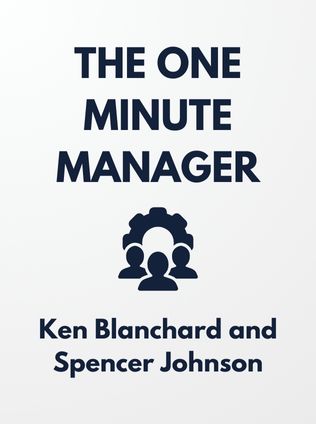
Exponential Organizations
Why new organizations are ten times better, faster, and cheaper than yours (and what to do about it)
By Salim Ismail, Michael S. Malone, and Yuri van Geest
Published 10/2014
About the Author
Salim Ismail is a visionary entrepreneur, business strategist, and technology futurist who has played a crucial role in shaping modern approaches to innovation and growth in the business world. He is the founding executive director of Singularity University, an institution that educates leaders on how to apply exponential technologies to address humanity’s grand challenges. With a career that spans digital media, software development, and venture capital, Ismail has become a leading voice in the field of disruptive innovation. His work is characterized by a deep understanding of how technology can be harnessed to create exponential growth and transform industries.
Ismail's concept of Exponential Organizations (ExOs) has gained widespread recognition for its insights into how companies can leverage technological advancements to achieve rapid, scalable growth. By focusing on information as a key resource, Ismail offers a blueprint for businesses looking to thrive in an increasingly complex and fast-paced world. His ideas have inspired a new generation of entrepreneurs and business leaders to think beyond traditional limits and embrace the potential of exponential technologies.
Main Idea
"Exponential Organizations" is a groundbreaking work that explores how certain companies are able to grow at an extraordinary rate by leveraging modern technology and innovative business practices. These companies, which Ismail refers to as Exponential Organizations (ExOs), are characterized by their ability to adapt quickly, scale efficiently, and make extensive use of information as a primary resource. Unlike traditional organizations, which are often constrained by physical assets, hierarchical structures, and finite resources, ExOs operate with a level of agility and innovation that allows them to achieve exponential growth.
Ismail argues that the key to exponential growth lies in a company's ability to harness the power of information technology, build strong communities, and minimize costs while maximizing flexibility. By adopting these strategies, companies can position themselves for success in a rapidly changing world, outpacing their competitors and creating new markets. The book provides a detailed roadmap for business leaders who want to transform their organizations into ExOs and take advantage of the opportunities presented by the digital age.
Table of Contents
- Introduction: The Rise of Exponential Organizations
- What Are Rapid-Growth Companies?
- Achieving Exponential Growth
- The Power of Information Technology
- Building a Community
- Minimizing Costs and Maximizing Flexibility
- The Importance of Trust and Autonomy
- Crowdsourcing and Collaborative Consumption
- Conclusion: The Future of Business
The Rise of Exponential Organizations
The business landscape is undergoing a profound transformation driven by rapid advancements in technology. Companies that once dominated the market for decades now struggle to keep pace with newer, more agile competitors. Salim Ismail introduces the concept of Exponential Organizations (ExOs) as a solution to this challenge. ExOs are designed to scale rapidly by leveraging information as their primary asset, rather than relying on traditional resources like physical assets or hierarchical structures.
Ismail's vision for ExOs is rooted in the belief that the world is moving towards a digital, interconnected economy where the most valuable resource is information. Unlike traditional companies, which are often limited by their physical infrastructure and rigid organizational structures, ExOs are built for agility, scalability, and innovation. They are able to adapt quickly to changes in the market, capitalize on new opportunities, and achieve levels of growth that would be impossible for more conventional organizations.
Sign up for FREE and get access to 1,400+ books summaries.
You May Also Like
The Lean Startup
How Today's Entrepreneurs Use Continuous Innovation to Create Radically Successful Businesses
By Eric RiesWho Moved My Cheese?
An Amazing Way to Deal with Change in Your Work and in Your Life
By Spencer Johnson, M.D.Make Your Bed
Little Things That Can Change Your Life...And Maybe the World
By William H. McRavenThe Ride of a Lifetime
Lessons Learned from 15 Years as CEO of the Walt Disney Company
By Robert Iger



















